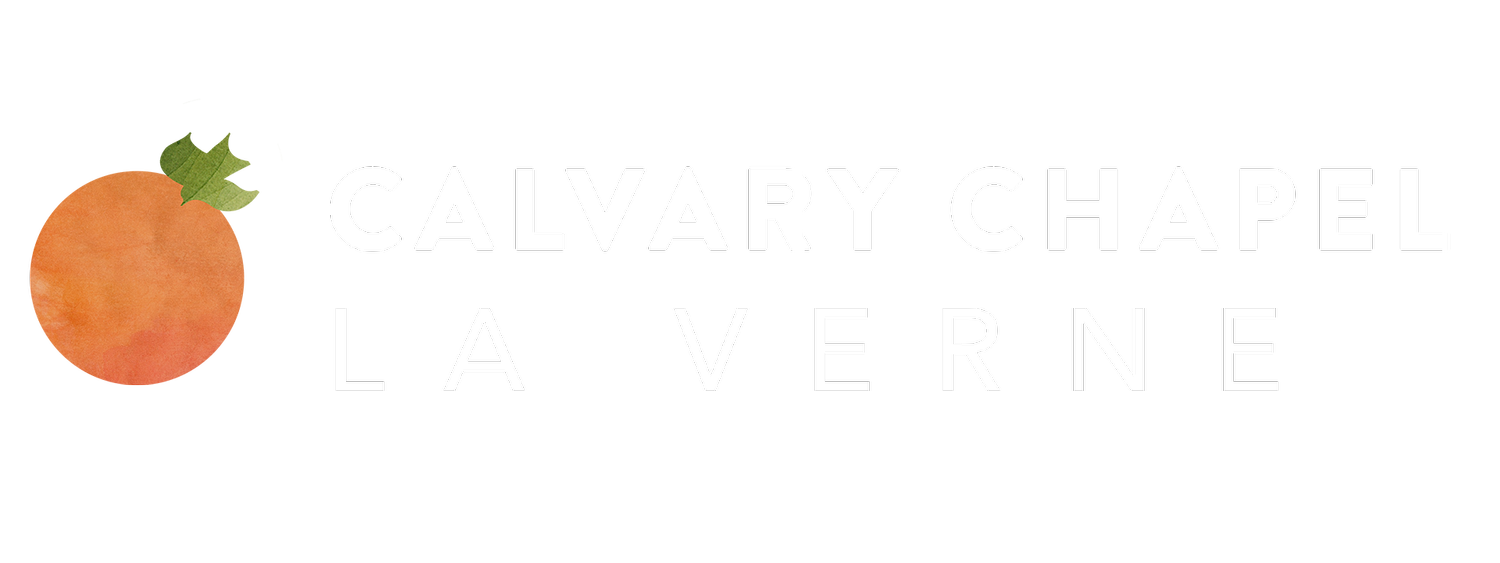Good Stewardship
“You are holy to the Lord; the articles are holy also; and the silver and the gold are a freewill offering to the Lord God of your fathers. Watch and keep them until you weigh them before the leaders of the priests and the Levites and heads of the fathers’ houses of Israel in Jerusalem, in the chambers of the house of the Lord.”
– Ezra 8:28-29
Ezra was getting prepared to take a long journey and lead the people of Israel back to Jerusalem. He was using wisdom. Before setting out, Ezra and the people sought the Lord for guidance and protection. He writes, “So we fasted and entreated our God for this, and He answered our prayer” (Ezra 8:23). He did not want to ask for help from a man. He desired to rely solely on the Lord. He and the people entreated God for their needs. To “entreat” is to petition and seek. More literally, it means to beg, and to pray in this way takes humility. They begged the Lord for help and listened for the answer. And the Lord did answer.
Their possessions with them on this long journey were extremely valuable. Not only did they use wisdom by asking for the Lord’s protection, but they also took great care of all the possessions given to them. Before setting out, they counted the money to ensure they knew how much they had. They were responsible for turning in the exact amount when they arrived at their destination. How they cared for the Lord’s provisions in between leaving and arriving was crucial. There needed to be accountability.
In this life, we are given special provisions that belong to the Lord. He gives us everything we need, and we must be good stewards of our finances. As Christians, we have much more responsibility to take great care of the Lord’s provisions. To whom much has been given, much more is required. We are held to a higher standard, the standards of God. As humans, we place a lot of value on money. God often tests us in this area to see how we handle His money. After all, if we cannot take care of earthly possessions, how will we ever be entrusted to handle true riches? Ezra was a good steward and accountable for what he was given. He was teaching the people the Lord’s standards. He “practiced what he preached.”
How important that is for each one of us. You cannot teach what you do not live. The power comes not from teaching God’s Word but from living it out in obedience. We can all say, “thus sayeth the Lord,” but if we are doing the very thing we tell others not to do, how powerful is that? Our words have therefore become “null and void.” They are worthless and carry no weight with others. You do not know the Word of God unless you are living it out in your life. You might know what it says, but you do not understand until you apply it. May we use Ezra’s life as an example and live out what we say we believe.
"He who is faithful in what is least is faithful also in much; and he who is unjust in what is least is unjust also in much. Therefore if you have not been faithful in the unrighteous mammon, who will commit to your trust the true riches? And if you have not been faithful in what is another man's, who will give you what is your own?"
- Luke 16:10-12
